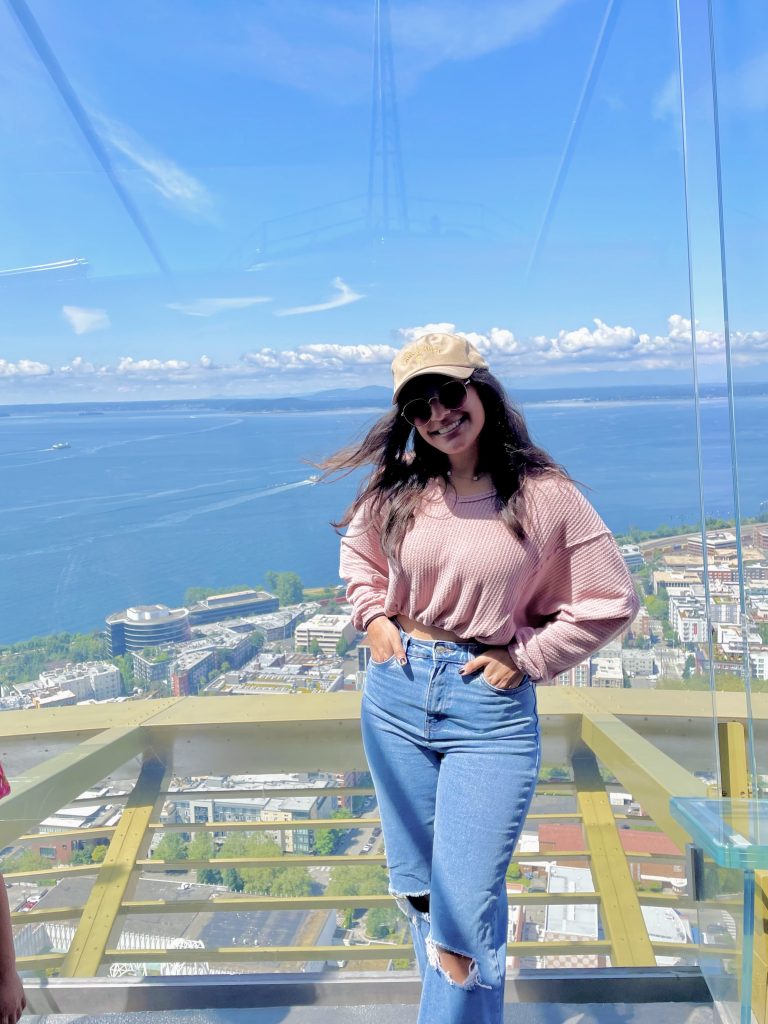
My brain is my greatest strength, but sometimes also my weakness. When I approached my teenage years, I realized the effects of the surroundings and my thought processes on my actions. In the classroom, my brain was my tool – my personal space to consider ideas, compose goals, and envision dreams. Yet, outside the classroom, in friendships and relationships, my brain became more accustomed to overthinking. It sensed shifts in dynamics around me, though miniscule. It voiced thoughts that made me feel self-conscious.
When I took AP Psychology in my sophomore year, I started to understand more about behavior, human nature, and mental health disorders. Through hours of notes and discussions, I became more comfortable decomposing my own cognitive processes, using both reasoning and science to answer the “why” behind human behavior. Furthermore, during the pandemic, I found this interest in self-reflective novels and podcasts. Books like 101 Essays that Change the Way You Think and The Five People You Meet in Heaven became my favorite novels. By being completely vulnerable and accepting of how I functioned, I became more aware of how I acted, how my brain reacted, and how the relationship between my mind and soul guided me in my everyday life.
I truly explored who I am during the pandemic, and I finally understood that I am in control of my thoughts. I decided what I want to act upon. I formulated my own reactions. With this, I started to practice more self-care: setting boundaries for myself, finding ways to cope with panic attacks, and taking time to heal. The best way that I’ve found to do this is through journaling. When I started journaling, I realized it’s cathartic. I found myself writing emotions and experiences I have previously suppressed. Writing helped me make sense of what I felt in a given moment. This was the true spark for my pursuit of writing because it is a way to communicate and express what isn’t always visible.
As I gained more confidence and control over who I was, I desired a platform where I could share my own experiences; a place where I could truly have conversations about common struggles from academic pressures to overthinking to self-doubt. The takeaways I had from the novels I had read to my own reflections, propelled me to create The Journey to Self-Acceptance podcast. As an avid podcaster, I use storytelling to share narratives from my own life. Whenever I can, I invite peers onto my podcast to talk about similar adversities and empower others to rise above their struggles as well. My podcast has become a special, secure place for me to share about myself.
If there’s one major takeaway from my journey, it’s that there is a unique power in communicating experiences through creative outlets. Whether that be through writing articles, journaling about my day, or creating new podcast episodes. I’ve found that using my voice helps me understand myself and always be the best version of myself. These outlets have strengthened my analytical thinking and my passion for creative writing and clear communication – skills that I know will uplift me in my future pursuits.
























